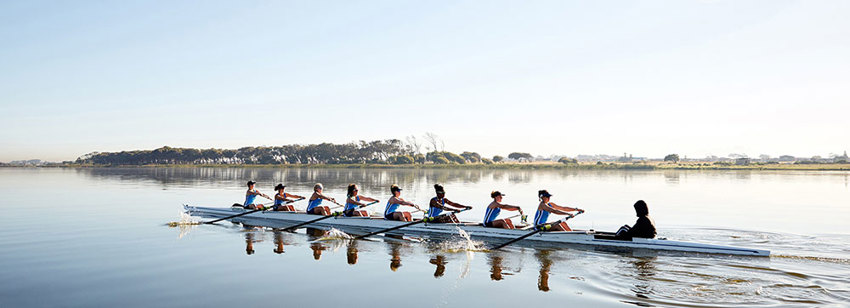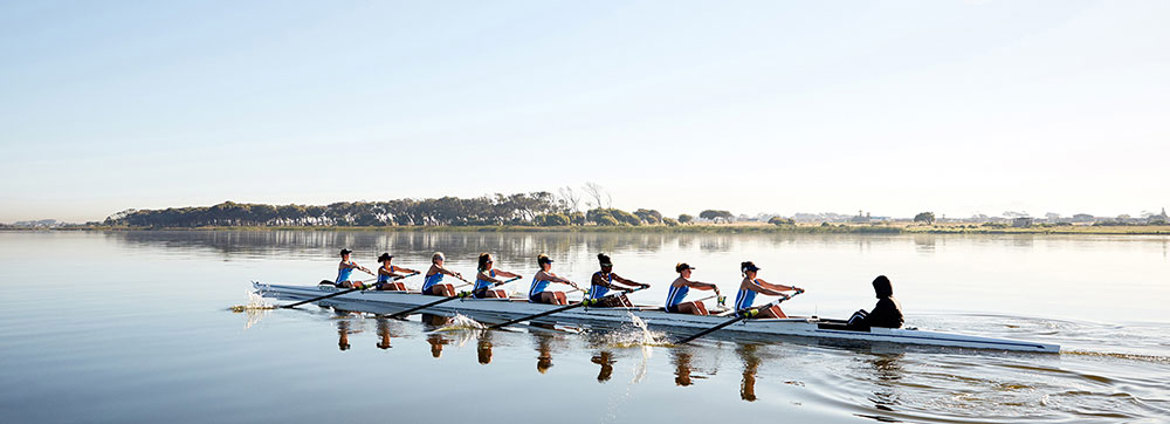Some workplaces have not even thought about how to approach alcohol in work situations, some are banning it altogether, and others are taking more of a middle-ground approach.
The Health and Safety at Work Act (HSWA) and regulations do not specifically cover alcohol and there are no specific WorkSafe guidelines. Nevertheless, the consumption of alcohol in work situations represents a risk which the employer is responsible for managing. Alcohol poses potential for serious harm, for example, if workers become intoxicated and then drive under the influence.
Even though an employer is generally not responsible for an employee once they have left work, they could be held liable if the worker is at risk because of alcohol consumed in the workplace, for example at after-work drinks, or at a client function.
Where the responsibility falls will depend on all the circumstances such as closeness of the connection to work, the steps taken by the host and individual responsibility, regardless, I would always recommend putting steps in place to protect both the organisation and its employees.
Rather than focusing on whether the precise wording of the HSWA applies and when, it is more useful to focus on the steps businesses should take when providing alcohol.
Some organisations take the approach of prohibiting the consumption of alcohol altogether. For example, alcohol is banned in Fonterra for obvious safety reasons. And I think this is a perfectly valid approach, especially in safety sensitive workplaces.
However, this isn't the option all workplaces take. For the many workplaces where alcohol is provided or consumed, below are my top five protective measures that companies should take:
- Brief workers on the type of behaviour that is expected. Consider a companywide policy around social standards and alcohol. For big events, like the Christmas party, a reminder email outlining what is and isn't acceptable is always a good idea. This is particularly important for things like drink-driving and explaining the options available to them
- Safe transportation home is one of the most important things to provide to workers. While the business doesn't need to pay necessarily, there should be ready access to safe transport options. If someone is intoxicated, there is a greater responsibility to ensure that he or she makes it into a taxi or is otherwise looked after
- Provide sufficient food and non-alcoholic drinks throughout the event. This lowers the risk of intoxication and means that the employer has provided options and sustenance for those not wanting to become intoxicated
- A cut-off time is recommended. I would also consider a limit on the amount of alcohol available. Providing unlimited alcohol for an unlimited time is more likely to lead to greater consumption and people staying at the work venue longer
- Suitably senior people who are not intoxicated should be present to supervise and monitor alcohol supply and consumption. This is not about being the 'fun police', but about intervening or assisting where necessary. Do managers or other workers understand that they can and should intervene and assist if they have concerns?
Ultimately, the person conducting the business should aim always to be a responsible host. That will keep everyone safe.
This article was written by Hamish Kynaston for the New Zealand Herald.



